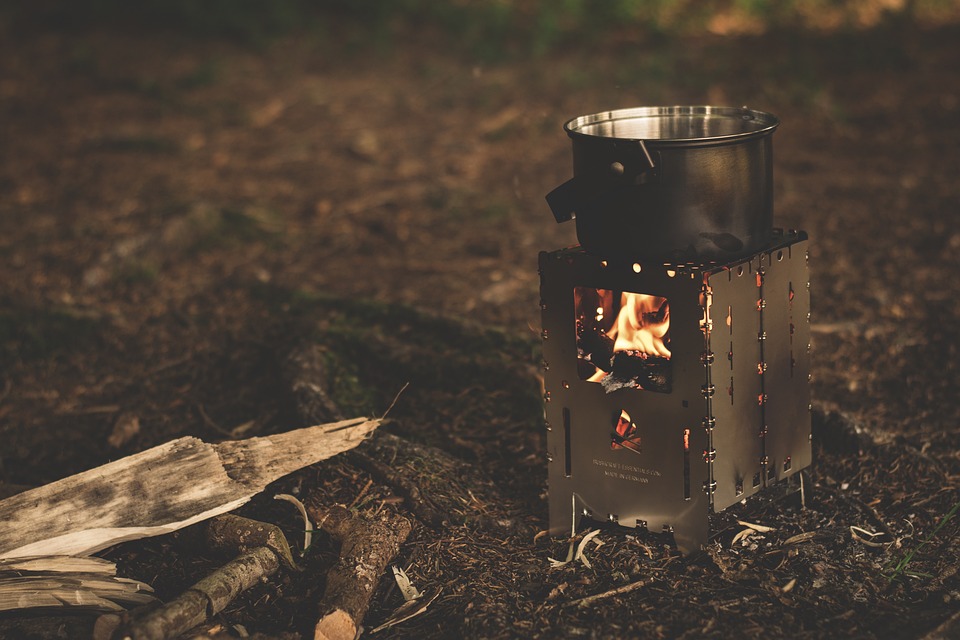Table of Contents
Introduction
Camping in the wild can be a wonderful experience with the opportunity to reconnect with nature. However, it is important to prioritize safety to ensure a smooth and secure camping trip. This article provides essential tips to help you stay safe during your camping adventures.
Campsite Selection
Choosing the right campsite is crucial for your safety. Look for a location that is relatively flat and away from hazardous terrains such as cliffs or unstable hills. Stay clear of areas that are prone to flash floods, avalanches, or falling trees. Additionally, consider the proximity of your campsite to any potential wildlife encounters.
Inform Others of Your Plans
Before heading out into the wilderness, let someone reliable know about your camping plans. Provide them with information such as your planned route, expected return date, and emergency contact numbers. This way, if something goes wrong, rescue teams will have a better chance of locating you.
Pack Essential Safety Gear
Always carry a well-stocked camping first aid kit that includes essentials such as bandages, antiseptic ointments, pain relievers, tweezers, and any necessary prescription medication. In addition to first aid supplies, pack a flashlight, extra batteries, a map and compass or GPS device, a whistle for emergency signaling, and a multi-purpose tool.
Fire Safety
While campfires can be enjoyable, they can also pose a serious safety hazard if not managed properly. Ensure that campfires are built within designated fire rings or pits and keep a safe distance from any flammable materials. Always extinguish your fire completely before leaving the campsite or going to sleep, using water and dirt to ensure it is completely out.
Food Safety
Proper food handling and storage are essential to prevent illnesses during your camping trip. Store perishable foods in a cooler with ice or cold packs, maintaining a safe temperature below 40°F. Keep raw meats separate from other foods and cook them thoroughly to kill any harmful bacteria. Remember to clean all cooking utensils and surfaces to prevent cross-contamination.
Wildlife Safety
Encountering wildlife is one of the thrills of camping, but it is important to maintain a safe distance and respect their natural habitat. Store all food and scented items securely to prevent attracting wildlife to your campsite. Familiarize yourself with local wildlife and learn about their behaviors and potential threats they may pose. If you encounter a wild animal, maintain a calm demeanor, back away slowly, and never feed or approach them.
Weather Precautions
Weather conditions in the wild can be unpredictable, so always pack appropriate clothing and gear to withstand any potential changes. Be aware of weather forecasts and be prepared for sudden rainstorms or extreme temperature drops. Seek shelter immediately during thunderstorms and avoid pitching your tent under tall trees or in open areas that may attract lightning.
FAQs Section
Q: How do I protect my food from bears and other wildlife?
A: Secure your food in bear-resistant containers or hang it high up in a tree using a bear bag or bear canister. This will help keep your campsite safe and prevent wildlife encounters.
Q: Should I bring a portable camping stove in case I am unable to start a fire?
A: Yes, carrying a portable camping stove is a smart decision. It ensures you can cook food and boil water even if you are unable to start a fire or when fire restrictions are in place.
Q: How can I protect myself from ticks and other insects?
A: Wear long sleeves, pants, and socks to reduce exposed skin. Apply insect repellent containing DEET or picaridin to exposed areas, and regularly check your body for ticks. Properly remove any ticks using tweezers and clean the affected area with antiseptic.
Q: What should I do if I get lost while hiking?
A: Stay calm and retrace your steps if possible. If not, try to find a prominent landmark and use your map or GPS device to navigate back to a known location. If you’re unable to find your way, find a safe spot to wait for help or attract attention by using a whistle or by creating a visible signal.
Q: Is it safe to drink water from natural sources in the wild?
A: It is generally not safe to drink water directly from natural sources in the wilderness as it can contain harmful bacteria and parasites. Always purify water by boiling it for at least one minute, using water filters, or by using water purification tablets.





